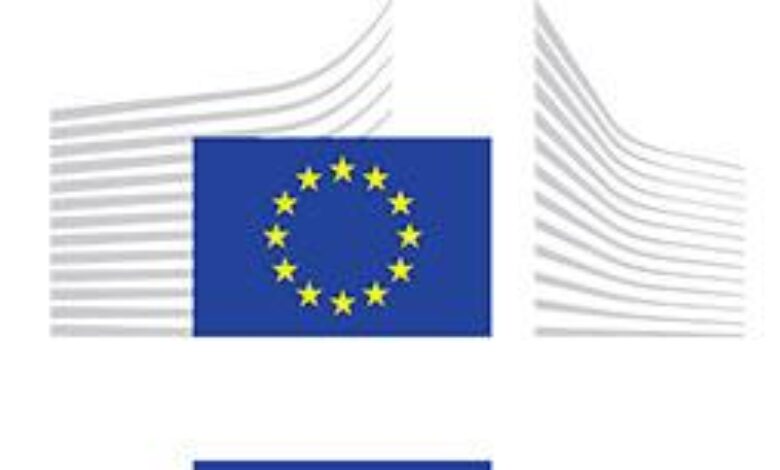EU Parliament Achieves Historic Goal with World’s First AI Regulations

European Union legislators in the European Parliament reached a great achievement on February 13th by endorsing a preliminary agreement on pioneering regulations for artificial intelligence (AI).
This historic move paves the way for the world’s first AI-focused legislation, with a parliamentary vote slated for April.
With an overwhelming 71-8 vote, the Internal Market and Civil Liberties Committees backed the provisional agreement on the AI Act. This legislation aims to set guidelines for AI implementation across a spectrum of sectors, including banking, automotive, electronics, aviation, security, and law enforcement.
The regulations will oversee foundational models or generative AI, which are trained on extensive datasets like OpenAI’s ChatGPT. The AI Act seeks to establish safeguards, including copyright protection for creators, in response to generative AI models. It also prohibits AI applications that threaten citizens’ rights, such as biometric categorization and social scoring.
The endorsement comes after EU member states approved the agreement, following France‘s withdrawal of its objection. Concessions were made to reduce the administrative burden on high-risk AI systems and enhance protection for business secrets, according to Cointelegraph.
Efforts to translate agreed-upon positions into a final compromise text began after the political agreement in December 2023. This culminated in the “coreper” vote on February 2nd, where permanent representatives of all member states voted.
The European Parliament Committee on Civil Liberties hailed the endorsement as a significant step forward for AI in a post on the X social platform.
The AI Act is now set to progress to the European Parliament for a vote in March or April. If passed, it is expected to be fully implemented 24 months after coming into force, with certain provisions taking effect earlier.
It is worth noting that in November 2023, a coalition of businesses and tech companies issued a joint letter to EU regulators cautioning against overly stringent regulations on robust AI systems, which could stifle innovation. Signatories, including 33 companies operating in the EU, highlighted the risk of discouraging essential innovation with overly strict regulations on foundational models and general-purpose AI.
The European Commission is taking proactive steps to establish an AI Office to monitor compliance with high-impact foundational models considered to have systemic risks. Additionally, measures have been unveiled to support local AI developers, such as upgrading the EU’s supercomputer network for generative AI model training.





